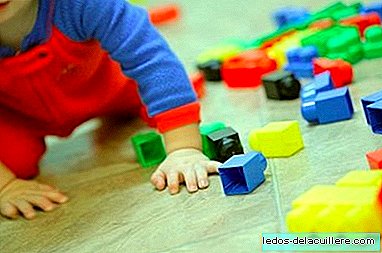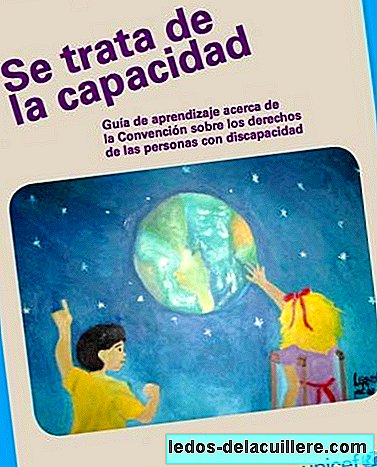
Achieve a more egalitarian education It is the purpose of the Minister of Education and Vocational Training, Isabel Celaá. This was stated in his first appearance before the Education Committee of the Congress. There he deployed a battery of measures that he hopes to implement during his tenure. He has not specified deadlines or actions, although his wish is to be implemented in the 2019-2020 academic year.
His intention is to modify the aspects of the Organic Law for the Improvement of Educational Quality (LOMCE) that in his opinion contribute more to inequality.
The subject of Religion will cease to be computable in the student's academic records. This means that it will no longer count towards the average grade, nor will it be taken into account in the scholarship application. Of course, it will continue to be mandatory for schools and optional for students.
The alternative subject to Religion will disappear because "the freedom of some to study it cannot entail the obligation for their classmates to study another subject", explains Isabel Celiaá.
Instead it will be implanted from Mandatory subject of Ethical and Civic Values focused on "human rights and civic-democratic virtues". According to Isabel Celaá, it already exists for years in other European countries.
Diagnostic assessments will be recovered in 4th of Primary and 2nd of ESO. In the words of the minister, depending on the results "plan improvements in the centers, in coordination with the Communities."
Itineraries will be repealed from the age of 13. That is to say, children will not have to choose if in 3rd of the ESO they want to opt for letters or sciences as before. In the minister's opinion "they condition the future of the students according to their performance".
Revalids will be eliminated contemplated in the current law, and that had already been paralyzed by the previous minister Íñigo Méndez de Vigo.
Curriculum Diversification Programs will be rescued to support students with performance difficulties.
It will bet, in the words of the minister, “For the participation of the educational community in school boards of public and private centers ”.
The way of electing directors will be changed in public centers.
Other proposed measures
1) Affordable early childhood education. Financing of support and orientation programs for fathers and mothers of children under three years of age with the lowest income. They will be designed in coordination with the High Commissioner against Child Poverty.
2) A law of Vocational Training. The Ministry intends to modernize this teaching in cooperation with the Ministry of Employment, social agents, businessmen and unions, to integrate the FP education system and training for employment.
In addition, the course catalog will be updated and the National Qualifications and FP System will be reactivated. It will also review the Dual FP model to undertake "a basic regulation that allows organizing its regulation in all autonomous communities and avoiding inequalities." He wants to include an economic consideration and establish a clear contractual relationship.
3) Reverse Royal Decree Law 14/2012 urgent measures to rationalize public spending in the educational field. With personality "urgent" arises:
a) Reduce the maximum student ratios per classroom: the decree kept measures in force such as the possibility of raising the student ratios per classroom up to 20%.
b) Reduce the teaching hours of the teachers: the decree contemplated the increase in the teaching hours of teachers until 25 hours in early childhood education and 20 hours in the remaining teaching.
c) Shorten the period of 10 days for the replacement of teachers.
4) Finish with differentiated education in the agreed centers, since in the opinion of the minister, separating boys and girls "contravenes the general principles of inclusive education." The solution is, she says, to open a time for dialogue with these schools to agree on an egalitarian model.
5) Create a Student Identification Number. This census measure, which already exists in other countries, will allow to deepen the individual trajectory of each child and thus personalize the educational responses that he needs. For the minister, it is a way to fight early school leaving and to know the socioeconomic composition of schools.
For when an education Pact?
All political parties agree on the need to reform our education, but are unable to agree on how to do it. It does not fail: new government in power, new educational law.
It seems that the priority is to repeal the law of the former Minister of Education without stopping to think what the parents or the educational community demand.
When will they cease to use teaching as a political weapon and will they pose unitary and practical educational challenges? Hopefully one day all the agents involved will sit together at a table and take up an educational pact, whatever it is called, that it is durable and that educates our children in the society of the 21st century.
Via Europa Press
In Babies and More Enroll the children of a large family in the same center and educate the premature ones in a lower course: the new proposals of Education, Alternative Education: what options do you have if you want a different school for your children, Textbooks 2018-2019: seven online sites where to buy books for back to school












